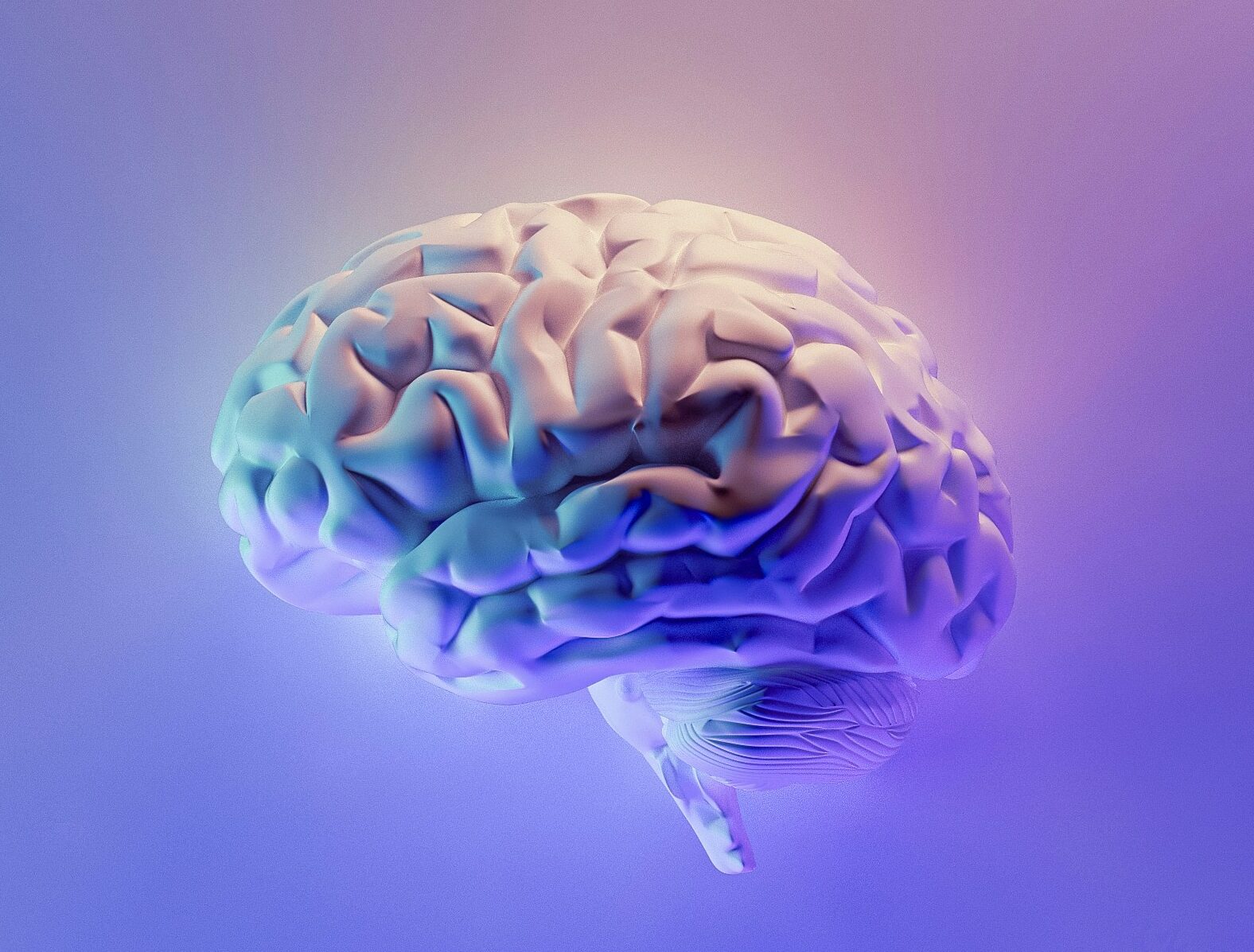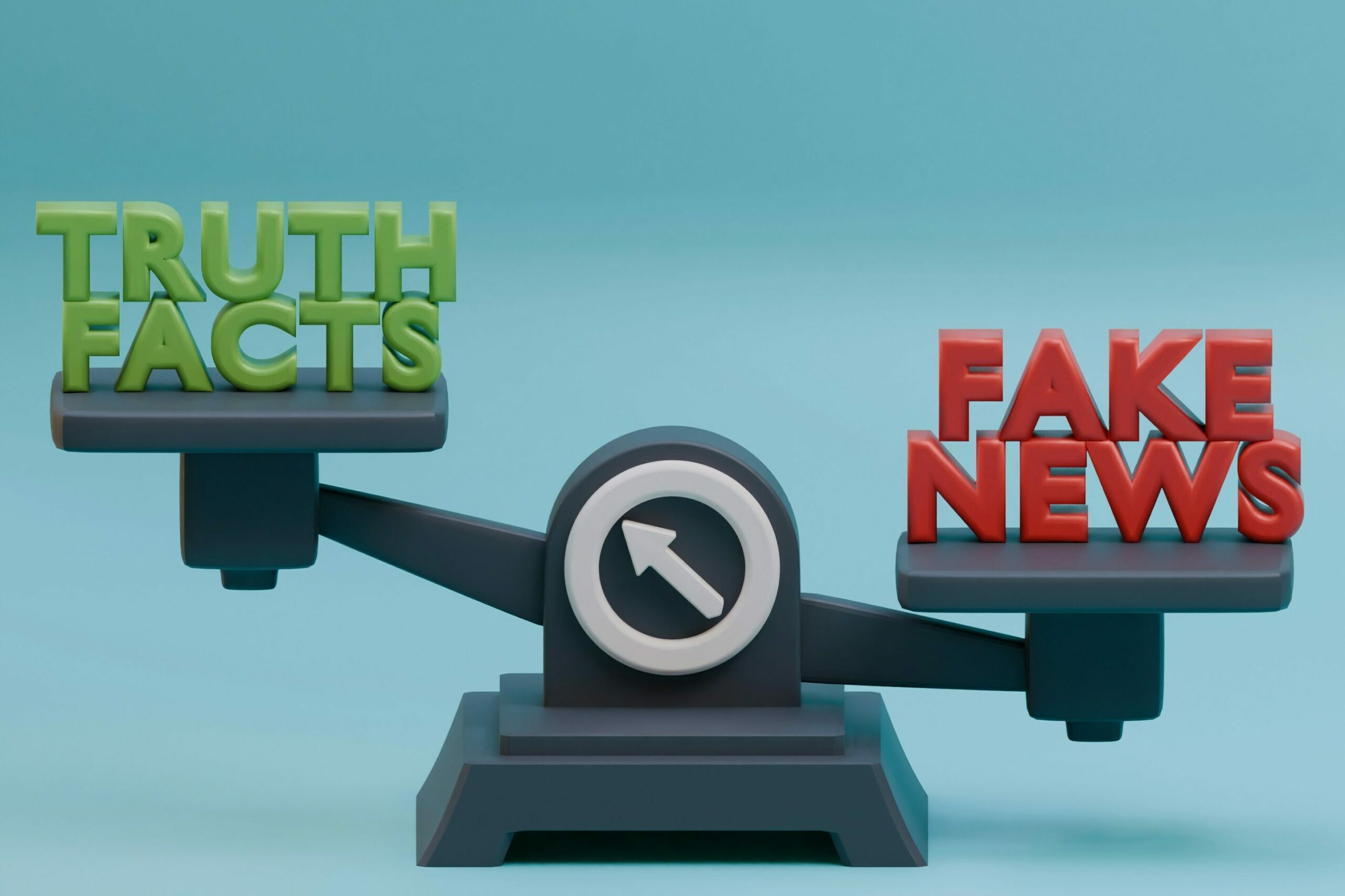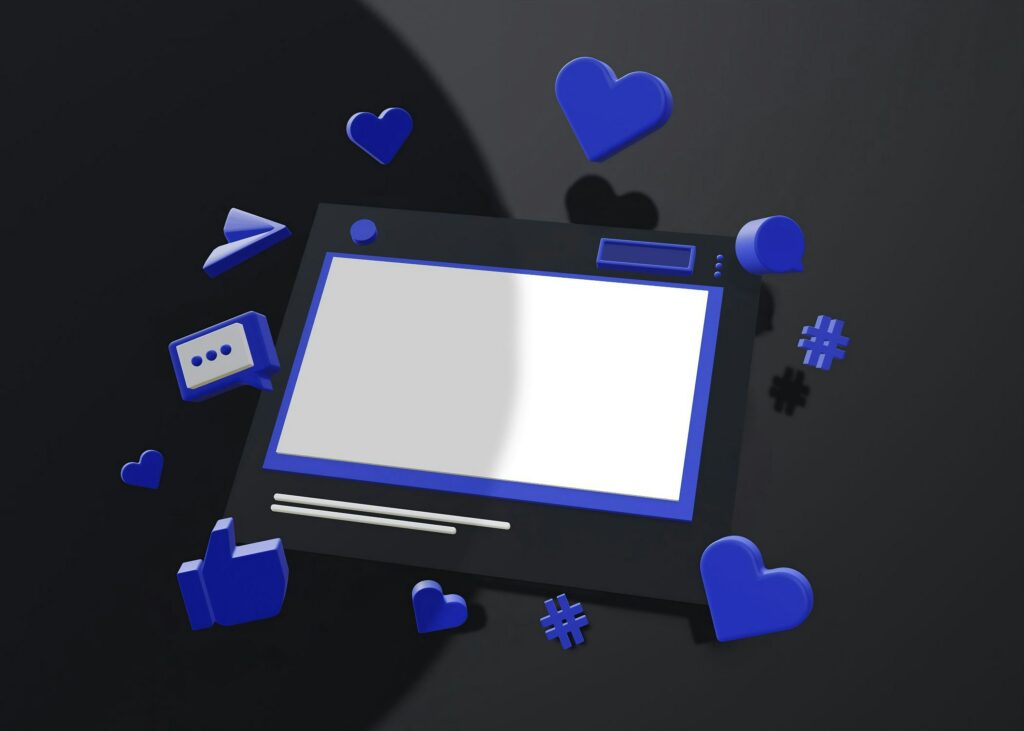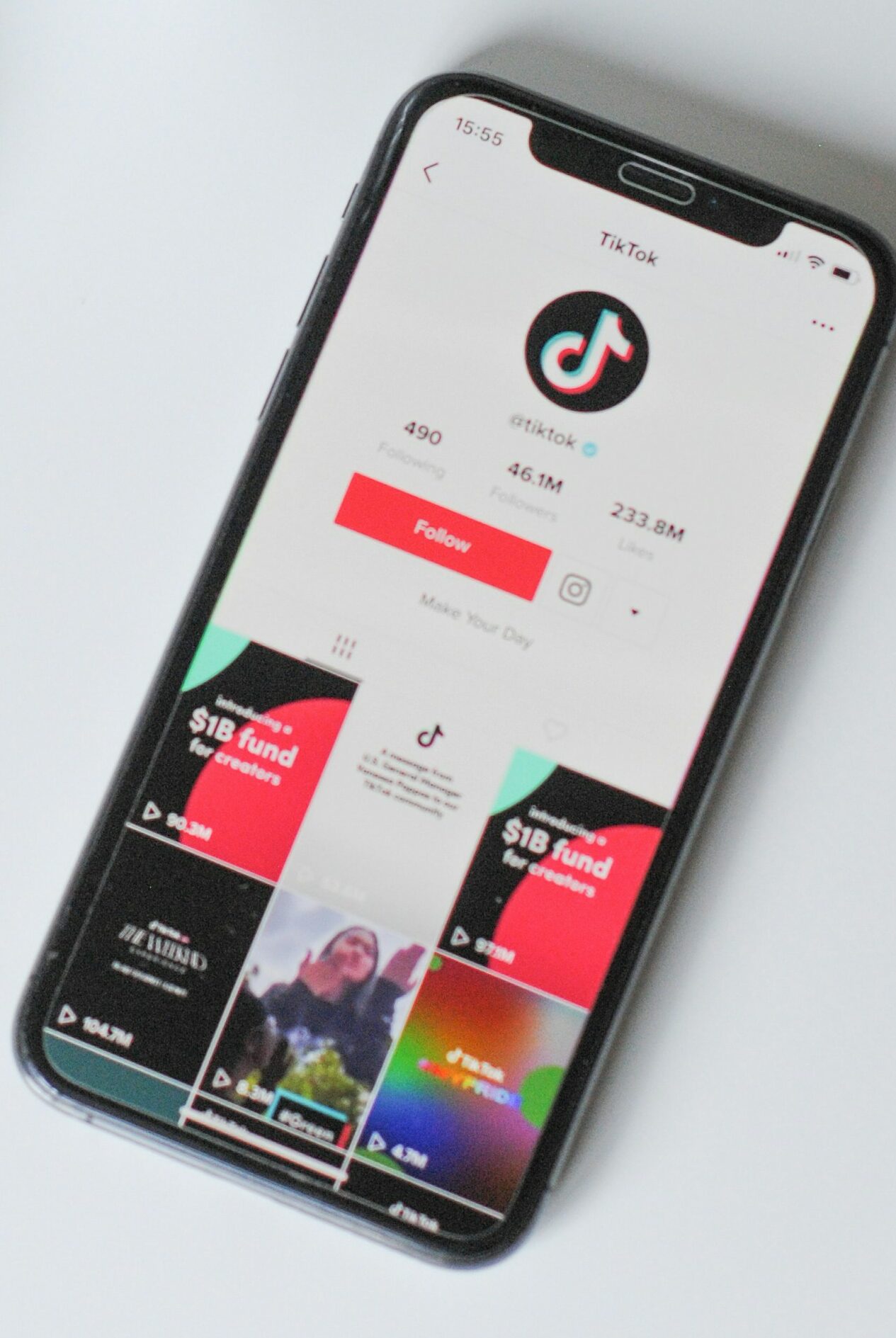
Hi! My name is Rachel, and I’m in my fourth year of my BSc of Psychology at UVic. This is actually the last semester of my degree, as I’m graduating in April! I’m not sure what career I would like to have, but I’m excited to take this course because I believe the knowledge I will gain will be useful in any career. I’m also excited to take this course because it bridges two of my main interests: social media and education.
I think a major benefit of using social media is that it makes it easy to stay in contact with people. I use it to stay connected to friends by sending entertaining content or updates about what is going on in my life (e.g. a vlog-style video through Snapchat). Additionally, social media can present educational material in engaging ways. TikTok, for example, makes video editing extremely easy, and people can add effects to make their content more easily digestible.
Link to an article about more ways to use TikTok in educational settings

When I took EDCI 339, one of our assignments was to find social media content that was reputable and reliable and discuss why we could trust that information. We then had to find social media content that was untrue or misleading and discuss the dangers of poor digital literacy. The assignment was eye-opening because it showed me how easy it is to find seemingly trustworthy content that is actually untrue or misleading, and forced me to think more critically about the content I consume online. It also allowed me to implement personalized learning by choosing which social media platform and content I discussed, which made the assignment more engaging.

As well as having good digital literacy, maintaining a good digital identity is a crucial part of being a responsible social media user. This is because online actions can never truly be undone and can negatively impact users offline (i.e. via their reputations, relationships, and potential job opportunities). Because of this, I try to be exceptionally intentional with the content I post and interact with. I make my social media accounts private, am kind when interacting with others online, and try to only follow creators whose platforms are also focused on kindness.
However, each online platform works differently, so it is important to understand exactly how to use them in order to be an ethical social media user. When you download TikTok, for example, the automatic setting is that your “likes” can be viewed by anyone who looks at your profile. This is harmful because content can be edited after it is posted, and it is easy to accidentally like content that does not align with your beliefs. Ultimately, taking steps to cultivate strong digital literacy, maintain a good digital identity, and learn how to use various online platforms are critical in cultivating positive online communities with mindful, intentional users. I’m excited to learn more about this as the course progresses!
Link to an article about how you can make your TikTok likes private

Leave a Reply